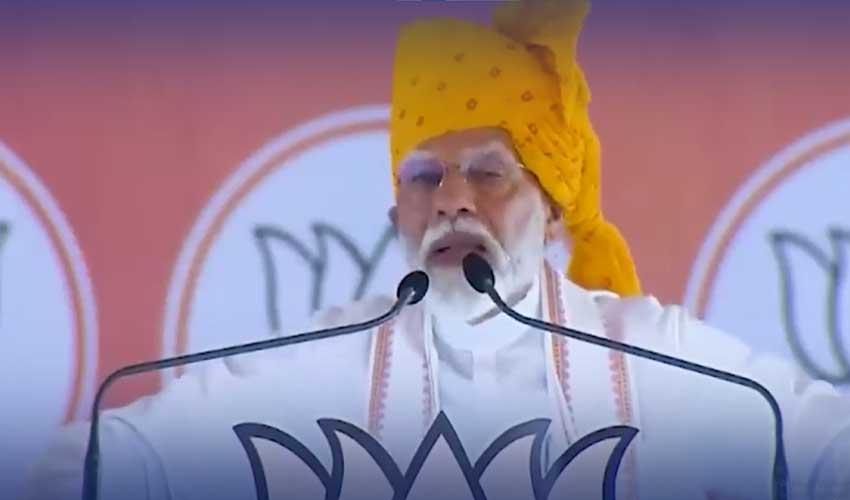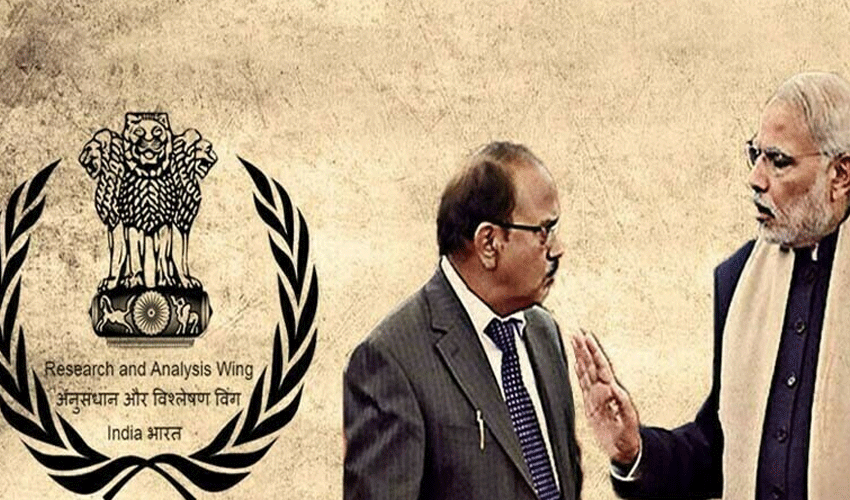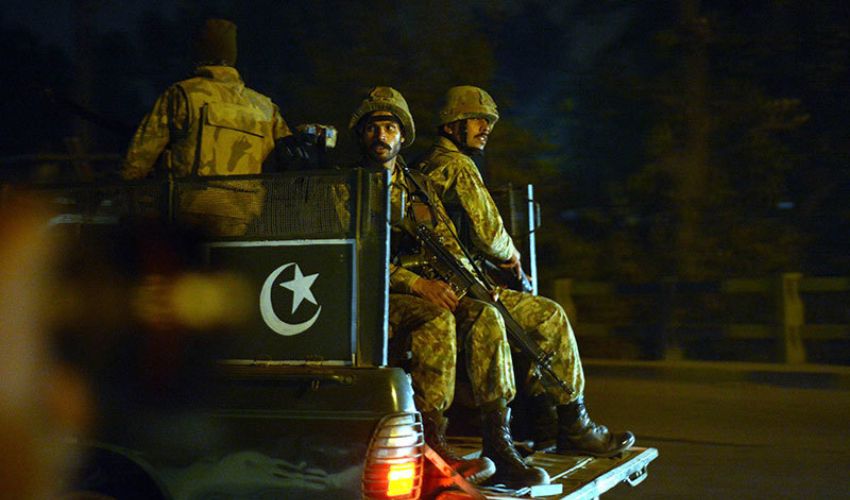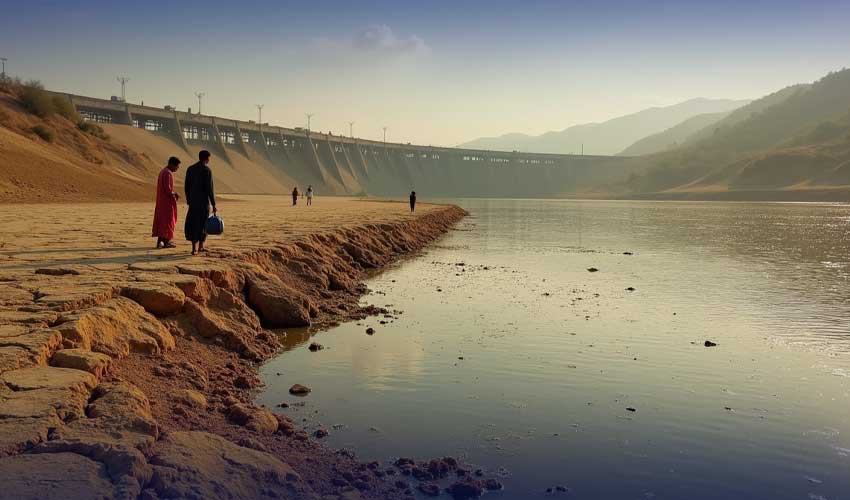India has been accused of setting up false flag operations in Jammu and Kashmir, allegedly to divert attention from internal political issues and bolster support amidst electoral setbacks.
Narendra Modi's administration, following a narrow electoral outcome that fell short of expectations, has purportedly resorted to desperate measures. Critics argue that Modi's slogan "ab ki bar, char soo par" (this time, over 400 seats) has backfired, prompting a strategic shift towards controversial tactics.
Since Modi's swearing-in ceremony, a series of incidents have unfolded in Jammu and Kashmir, where Indian media reports have claimed attacks by Pakistan that experts now allege were fabricated.
These incidents include a fatal bus attack on Hindu pilgrims in Reasi district, which resulted in casualties and injuries, with blame initially placed on Pakistan.
Further accusations followed, including incidents in Hiranagar and Doda districts, where similar false flag operations were purportedly staged. The narrative, as reported, pointed fingers at Pakistan, further escalating tensions in the region.
Defense analysts point to a pattern, citing previous instances such as the Pulwama incident in 2019 and the Balakot attack, where India allegedly used such tactics to deflect attention from internal challenges.
Criticism has mounted against Modi's government, with allegations that these actions not only endanger civilian lives but also undermine trust domestically and internationally.
Political analysts suggest that these maneuvers could intensify as Modi seeks to maintain political relevance amidst declining popularity in certain regions.
In response to these allegations, the Indian government has not commented officially, but experts warn of potential ramifications for regional stability if such tactics continue unchecked.




























